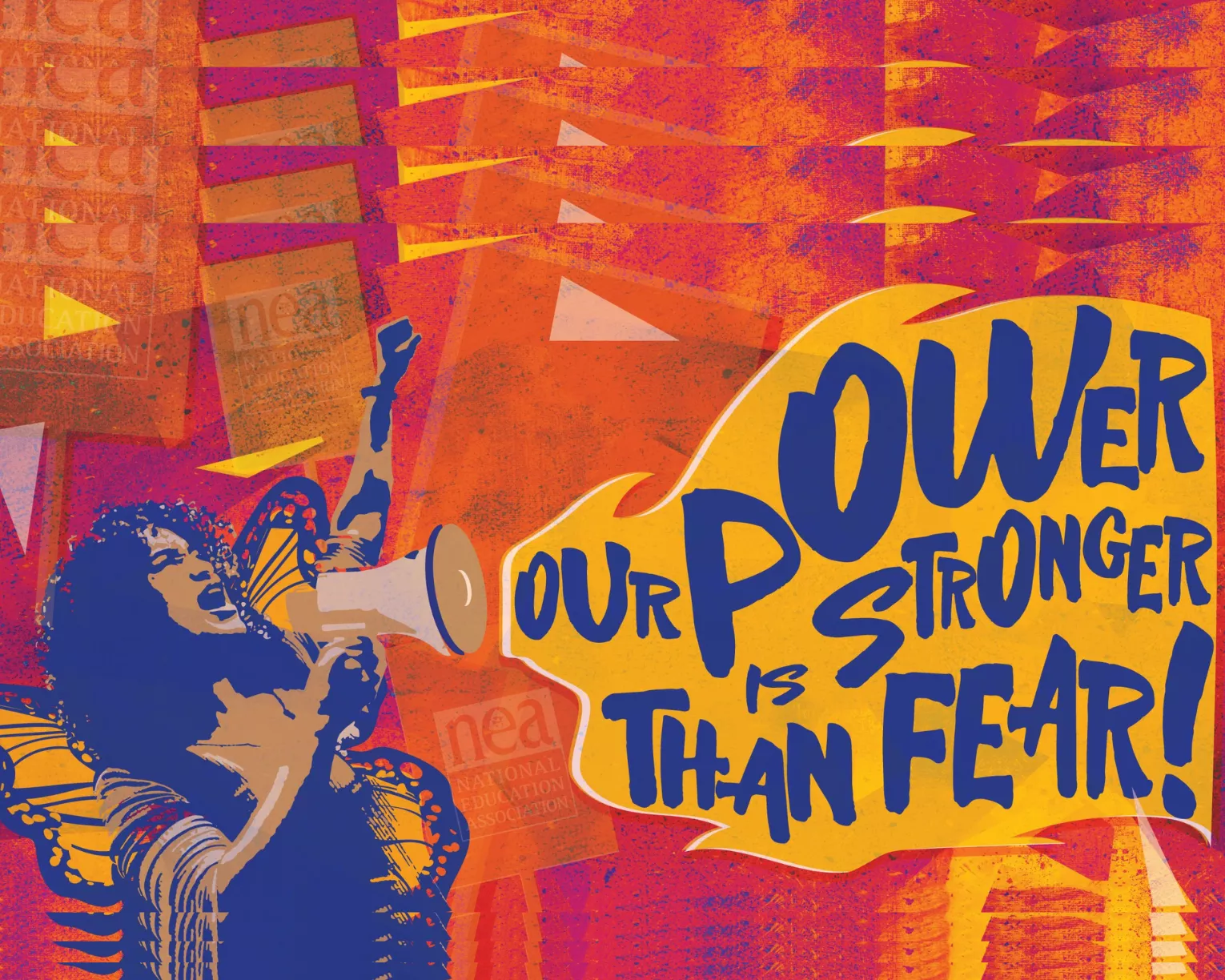How to use this toolkit
- Read about the importance of supporting and protecting and ensuring opportunity for girls and women, take action, and get involved with the movement
- Learn how to talk about this issue effectively and respectfully, particularly with those who think differently
- Explore resources to help you learn more about gender equality
- Find art to help you communicate
Safe learning for all
Context
All students deserve equal access to educational opportunities no matter their color, gender, or whom they love. However, girls, women and LGBTQ+ youth often face barriers that threaten their success in school and beyond. Girls of color are more likely than white girls to face unfair discipline. And sexual harassment and violence in school are problems that confront most all girls and LGBTQ+ youth. The statistics are grim:
- Black girls are 5.5 times more likely to be suspended from school as white girls.
- Schools suspend American Indian/Alaskan Native girls at more than three times the rate of white girls and at a higher rate than white boys.
- Latina girls are 1.6 times more likely to be suspended than white girls.
Across the country, educators are working to ensure safe and equitable classrooms, free from bias and discrimination. Women, girls, and all people who face gender-based discrimination are calling their elected officials, raising their voices, and organizing in the streets to put in place policies that help them achieve their potential. Use this toolkit to learn more about the issues and how you can join educators, students, families, and allies to mobilize and advocate for policies and practices that support the needs of all students, regardless of gender.
Narratives
3 Key Narratives
Girls are the largest growing juvenile justice population in the United States—often as a direct result of being disproportionately disciplined or suspended from school. These uneven rates of discipline are not because of more frequent or serious misbehavior. Instead, race and gender bias informs unfair discipline.
Women, girls, and LGBTQ+ people continue to experience discrimination and sexual harassment. Although federal Title IX protections requiring schools to address sexual harassment still remain in effect, many state laws and school policies need revision to ensure an equitable and safe learning environment for girls. Use the resources below to effect change in your school and state.
Despite the fact that three quarters of the nation’s K-12 teachers are women, and the majority of education support professionals are women as well, less than a quarter of school superintendent posts are held by women. As with many “pink collar” professions, the lack of representation of women in the highest leadership positions can undermine effective efforts to identify and address discrimination and harassment against women in heavily majority-female workplaces.
Advocating for Equality

Bullying and Sexual Harassment Trainings

Advancing Gender Justice

Putting a Stop to 'Pushout'
Ensure Fairness and Opportunity for Women at Work
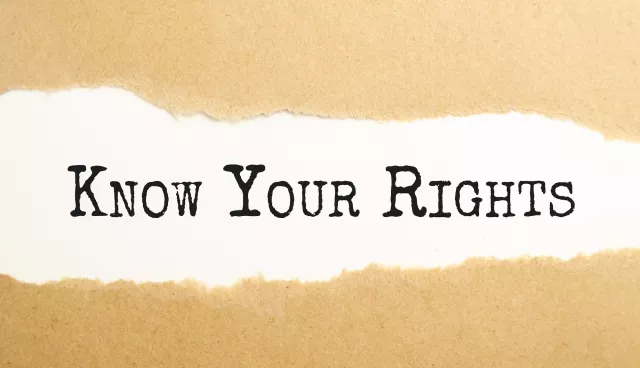
Know Your Rights: Harassment and Discrimination
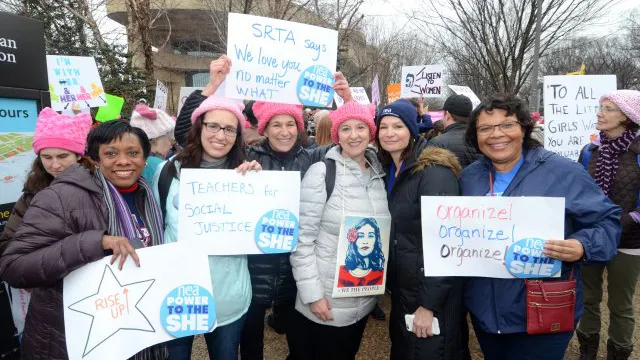
Take Action on Women’s Rights
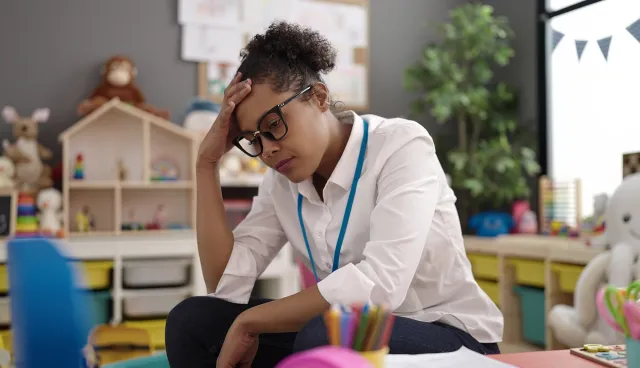
Gender Justice at Work
Activism through Art
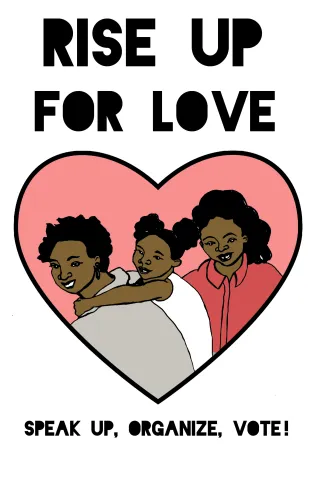

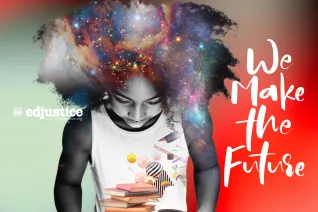

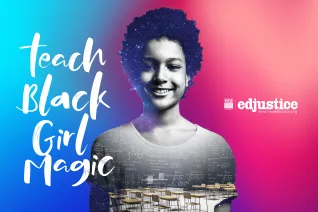

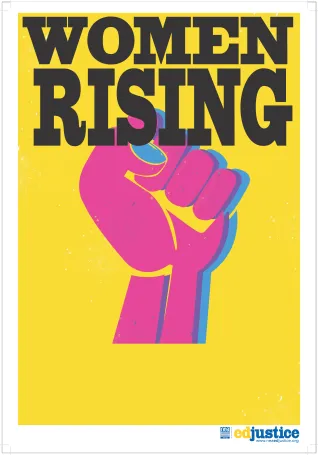

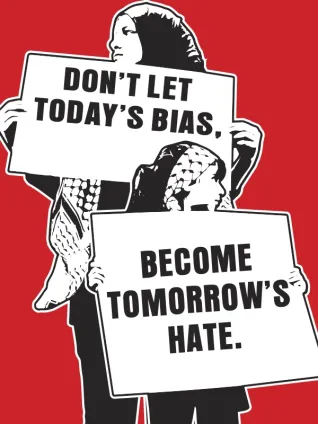

Links to external websites are provided for informational purposes only. NEA assumes no responsibility for the content or policies of external websites.
Use Your Educator Voice.
